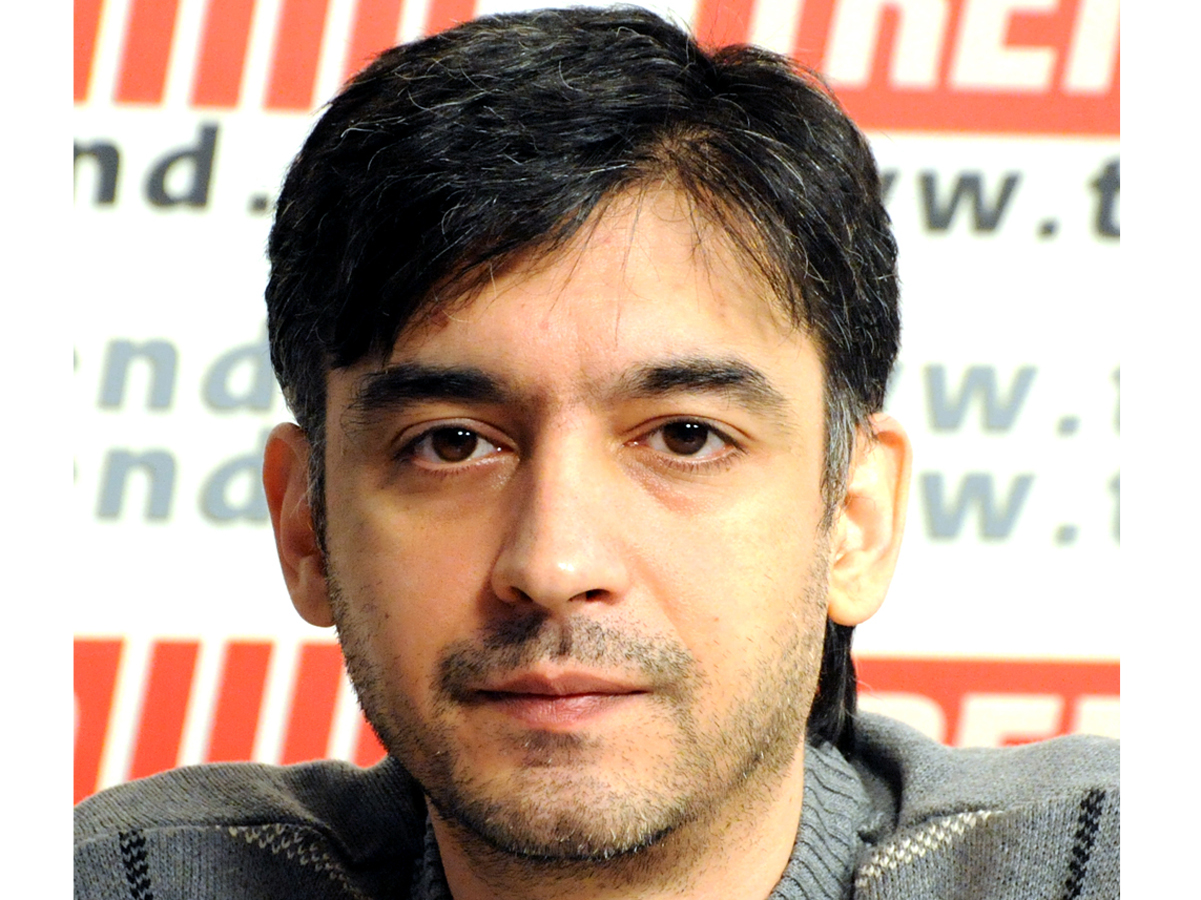Baku, Azerbaijan, Feb. 29
By Umid Niayesh - Trend:
All around the world, people go to polls to endow someone with some authority, but the recent elections in the 37 year-old Islamic Republic were a rare case, as the majority of those voting participated in the elections to block certain persons' way to power.
Iran held elections Feb. 26 for the 10th convocation of the parliament and the fifth convocation of the Assembly of Experts. Iranian reformists entered the elections with a significantly low number of candidates, since many of their nominees were earlier disqualified by the powerful conservative Guardian Council.
So, the reformists came up with a strategy to make sure that fewer hardliners get elected, supporting moderate conservatives in constituencies, where the reformists had no hope for victory.
In Tehran, they invited people to vote for their candidates in order to block three powerful hardliners from being elected to the new Assembly of Experts. They are Mohammad Yazdi, who currently heads the Assembly of Experts, Mohammad Taghi Mesbah Yazdi, one of the most important hardliner ideologues, and the Guardian Council's chief Ahmad Jannati.
Meanwhile, the strategy was seriously criticized by hardliners. They called the reformists' plan to prevent Jannati, Yazdi and Mesbah from getting into the assembly an "English" plot directed by the BBC. The claim was based on an article earlier published by BBC Persian analyzing the "No Campaign" strategy.
Iran's Supreme Leader Ayatollah Ali Khamenei too accused the UK of intervening in Iran's affairs, saying the BBC is giving the people of Tehran instructions to vote or not to vote for specific individuals.
However, the final results of the election to the Assembly of Experts in Tehran indicate that the strategy was partly successful as Tehran people said a big "No" to symbolic hardliner figures.
Ayatollah Yazdi and Ayatollah Mesbah Yazdi lost their seats in the assembly, while Jannati hardly secured his place there, standing at the bottom of the list of those elected.
As for the parliamentary elections, the latest results indicate that the "List of Hope" - a pro-Rouhani coalition of moderates and reformists - won a landslide victory in Tehran, securing the capital city's all 30 seats in the parliament.
Tehran is one of the main castles of the Iranian reformists. However, the voter turnout at the recent elections roughly reached 50 percent, what suggests that a significant part of Tehran citizens still doubts that their voices change anything and continue boycotting the elections.
Having taken a look at the election results across the country, it is obvious that reformists have failed to win the majority of seats in the parliament, but even with this result they are expected to be able to form a powerful minority.
But can we call the election results a victory for reformists? Iran's reformists, after the protests over the disputed 2009 presidential election, were completely expelled from the power. Their famous figures found themselves in prisons and faced various limitations, which continue so far. For instance, Iranian media still remain banned from covering statements and pictures of former reformist president, Mohammad Khatami.
Taking all this into account and considering that well-known and powerful reformist hopefuls were not permitted to participate in the elections, we can consider the outcome as a victory. The Iranian reformists, now in alliance with pragmatists and moderate conservatives, have managed to send as little hardliners to parliament as possible.
It seems that history is repeating itself for Iranian reformists. Those who have observed Iranian political developments can remember that in the fifth parliament, leftists (later reformists) succeeded to gain significant seats following one term of recess, in a coalition with pro-Rafsanjani pragmatists. The success was followed by a historic victory in the 1997 presidential election and a landslide victory in the 6th parliament.
The 10th parliament is expected to be similar to the 5th legislative period. In the next legislative election, it is possible that the reformists will win the majority of seats in the parliament, and Iran may even get a more reforms-minded president than Hassan Rouhani, as it happened with Mohammad Khatami.
Another remarkable point is Rouhani's strong influence on the political atmosphere in Iran. As for example, during the election campaigns, reformist and conservative classification was overshadowed by the division of political factions into pro- and anti-government in accordance with their closeness to the Iranian president. However, this was not welcomed by Khamenei, who said creation of a "pro-government" and "anti-government" bipolarity is one of "the enemy's artifices" in the elections.
Iran's incumbent pragmatist president with conservative backgrounds now has convinced reformists to bring their policies into conformity with his government. Rouhani also has taken the advantage of a gap among conservatives, attracting moderate conservatives towards himself.
Rouhani, who has earlier managed to settle Iran's nuclear dispute with world powers ending international sanctions on the country, will apparently take the advantage of a friendlier parliament to focus on domestic issues and run his reforms, particularly in economy.
---
Umid Niayesh is Trend Agency's staff journalist, follow him on Twitter: @UmidNiayesh







